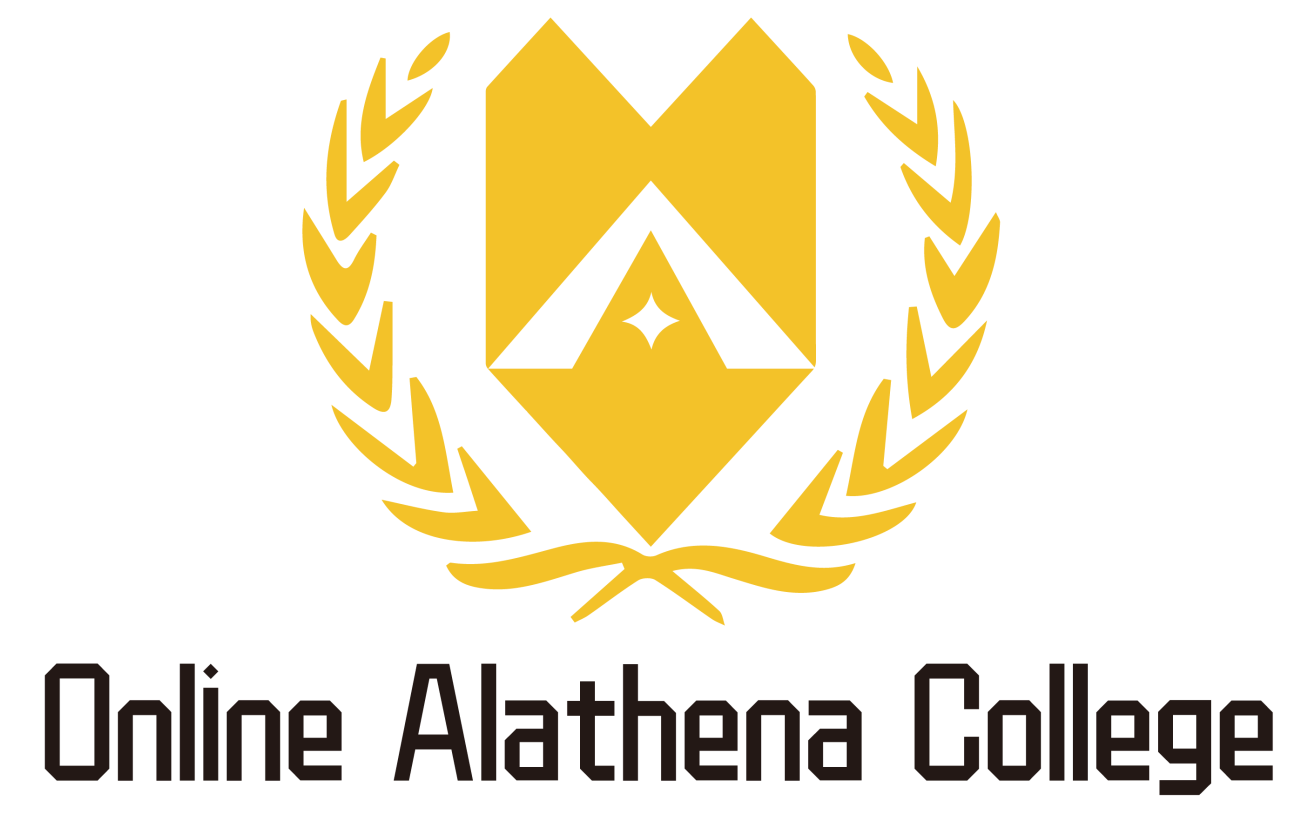Course Description
This course explores a range of contemporary legal issues and how they are addressed in both Canadian and international law. Students will develop an understanding of the principles of Canadian and international law and of issues related to human rights and freedoms, conflict resolution, and criminal, environmental, and workplace law, both in Canada and internationally. Students will apply the concepts of legal thinking and the legal studies inquiry process, and will develop legal reasoning skills, when investigating these and other issues in both Canadian and international contexts.
Legal Foundations
In this unit, students will learn about the key influences on Canadian law and the beliefs which affect the legislative process. They will look at these differences between domestic and international law and the different types of law that affect their everyday lives.
Rights and Freedoms
Foundations of International Law and Dispute Resolution
In this unit, students will look at international agreements and the role of the United Nations in regulating international conflicts. They will also consider Canada’s place in the international community and the implementation of international protocols and enforcement.
International Legal Issues
Overall Curriculum Expectations
A. The Inquiry Process and Skill Development in Legal Studies
- A1. The Inquiry Process in Legal Studies: use the legal studies inquiry process and the concepts of legal thinking when investigating law and legal issues in Canada;
- A2. Developing Transferable Skills: apply in everyday contexts skills developed through the study of law, and identify careers in which a background in law might be an asset
B. Legal Foundations
- B1. Purpose and Processes of Law: explain purposes of law, legal structures and processes, and fundamental principles of justice in Canada;
- B2. Development of Law: explain how governments and societal attitudes and values have influenced the development of law in Canada;
- B3. Law and Diversity: analyse the ability of Canadian law to uphold the rights and accommodate the needs of diverse individuals and groups.
C. Rights and Freedoms
- C1. Fundamentals of Human Rights Law in Canada: explain the legal importance of human rights law in Canada, with particular reference to the Canadian Charter of Rights and Freedoms;
- C2. Rights and Responsibilities: analyse from a legal perspective how the rights and responsibilities of individuals, groups, and governments are connected;
- C3. Influences on Human Rights Issues: analyse from a legal perspective the role of forces such as globalization, technological change, media influence, and evolving societal attitudes in strengthening or weakening protections for human rights in Canada and abroad
D. Foundations of International Law and Dispute Resolution
- D1. Law and Society: analyse the role of law in contemporary society
- D2. Legal Structures and Processes: describe laws and processes for dealing with different types of legal offences and disputes in Canada;
- D3. Emerging Legal Issues: explain the legal implications of a variety of current issues, both in Canada and internationally.
E. International Legal Issues
- E1. Law and Careers: describe the educational, training, certification, and other professional requirements for various careers where an understanding of law is important;
- E2. Roles and Responsibilities in the Workplace: analyse the roles and responsibilities of employees, managers, employers, corporations, and governments in the workplace;
- E3. Legal Issues in the Workplace: analyse legal issues related to the influence of new technologies, environmental concerns, and national and international events on the workplace.

